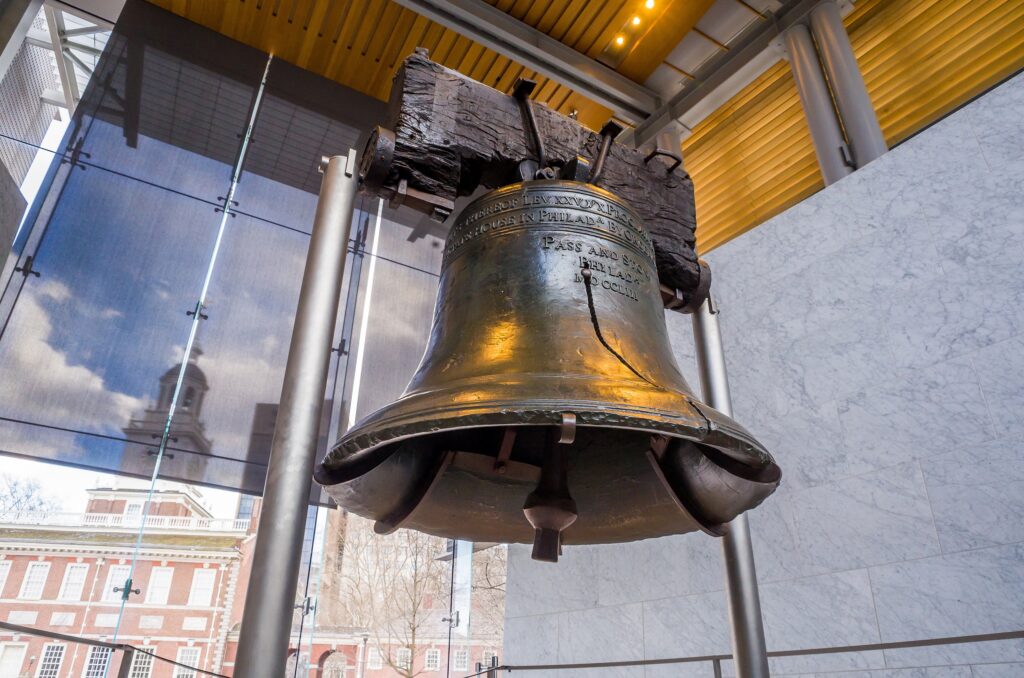Democrats under the influence
In late August 2014, five California legislators were photographed having a fun-seeming time on the balcony outside of the legislative chambers. At the center of the scene was Sen. Ben Hueso, D-San Diego, with his shirt untucked, one arm cradling a drink and the other arm around one of his Senate colleagues. All five held wine or other beverage glasses. It looked like a party one would find at a local bar.
The photo was tweeted (and later deleted) by Assemblywoman Lorena Gonzalez, also a San Diego Democrat, with these words: “Yes … Loving my Latino Caucus boys.”
Despite the gaucheness of it all, this photograph probably would never have garnered much attention around the Capitol had Hueso not been arrested later that night and booked on suspicion of driving under the influence. He later pleaded no contest to reduced charges of alcohol-related reckless driving. He was given a fine, sentenced to three years of probation, and was forced to take a six-week alcohol-education program. He apologized profusely.
That’s old news in Sacramento, and small potatoes compared to some of the other scandals that took place at the time. Just a few months earlier, former Sen. Leland Yee, D-San Francisco, was suspended from the Senate after being accused of taking bribes and participating in an international arms-running deal. Yee, one of the Senate’s best-known gun-controllers, was recently sentenced to five years in prison. Scandal — and hypocrisy — are part of the deal in the state Capitol.
But at times, the hypocrisy can get pretty thick. There’d be no reason to revisit the Hueso arrest if not for a bill recently introduced by the proud tweeter of his Capitol-patio indiscretions. Last month, Assemblywoman Gonzalez introduced A.B. 2121, which is designed to cut down on incidents of drunken driving through better training efforts. It targets the restaurant industry, which the bill’s backers believe could do more to inform patrons about the dangers of drinking and driving.
The Responsible Interventions for Beverage Servicers Training Act of 2016 “would require a person who sells or serves alcoholic beverages, or who manages persons who sell or serve (them)” to complete a state-approved training course every three years that includes “information on, among other things, state laws and regulations relating to alcoholic beverage control and the impact of alcohol on the body.”
It’s understandable why, as part of a plea bargain, someone like Hueso would have to take such a course. But why everyone who sells or manages a bar or restaurant? Not long before his arrest, Hueso had sponsored a news conference with the California Highway Patrol in which he championed the importance of double-checking our “personal vehicle safety standards.” That presumably includes how much booze we drink before getting behind the wheel. (And those state-mandated courses easily become like sexual-harassment training or traffic school — mind-numbing exercises done to appease the bureaucrats or lawyers.)
Gonzalez’s office told me the bill echoes what many other states have done, and many in the insurance industry support it. Training can, for instance, lower premiums on bars that require it.
The assemblywoman justifies the legislation by pointing to a horrific collision last year in the San Diego area. According to a statement from her office, Gonzalez introduced her bill because of the deaths of U.C. San Diego medical students Madison Cornwell and Anne Li Baldock. Prosecutors allege that Marine Lance Cpl. Jason Riley King was drunk and drove on the wrong side of the highway into the women’s car. Three other students were injured in the collision.
King stands trial this month and has pleaded not guilty to second-degree murder and other serious charges. This is heart-breaking stuff. But it’s hard to see what the restaurant industry has to do with any of it. According to a San Diego Union-Tribune article, prosecutors and witnesses argued at a preliminary hearing that King had been drinking at a party with fellow Marines at a hotel and then he went to a bar.
According to the prosecution, one of King’s fellow Marines said they should leave the bar after noticing he was drunk. When his friend returned from the restroom, she had a voice mail “from King who said he’d been thrown out of the bar,” according to the newspaper report. “When King tried to leave the parking lot, the manager who had escorted him out heard the distinct rumbling of a truck” and “met him in the parking lot and tried to convince him to call for a ride home.”
News reports say that King had attended two Marine-sponsored talks on the dangers of drinking and driving. It’s hard to imagine anything that could have been taught in a training class that would have stopped the events of the night. If prosecutors are right, then the man’s friends tried to stop him from driving, and he was removed from the bar — and the manager tried to stop him from driving. Which, come to think of it, suggests a more serious approach than what Gonzalez did after she saw her colleagues having a party in the Capitol.








